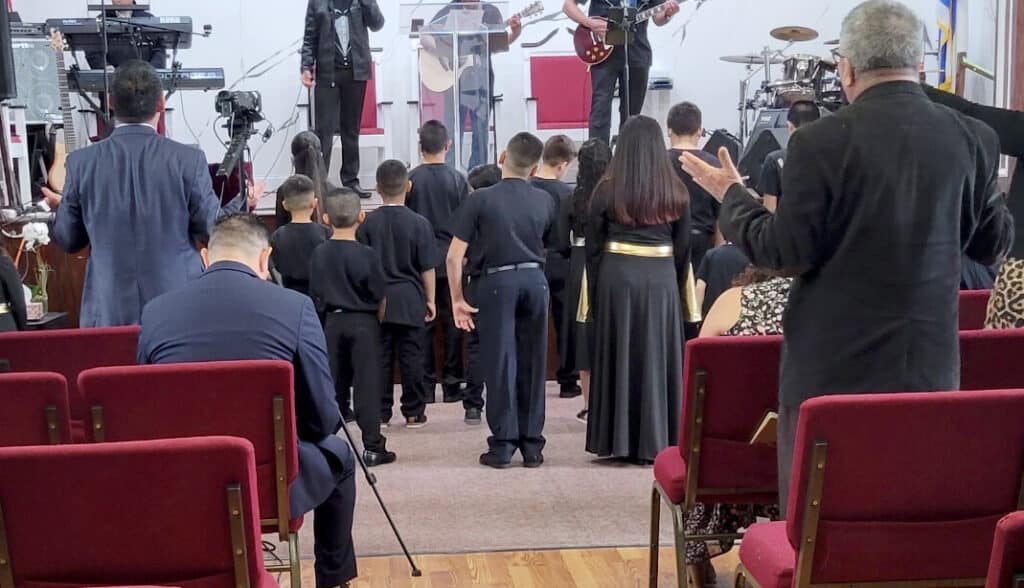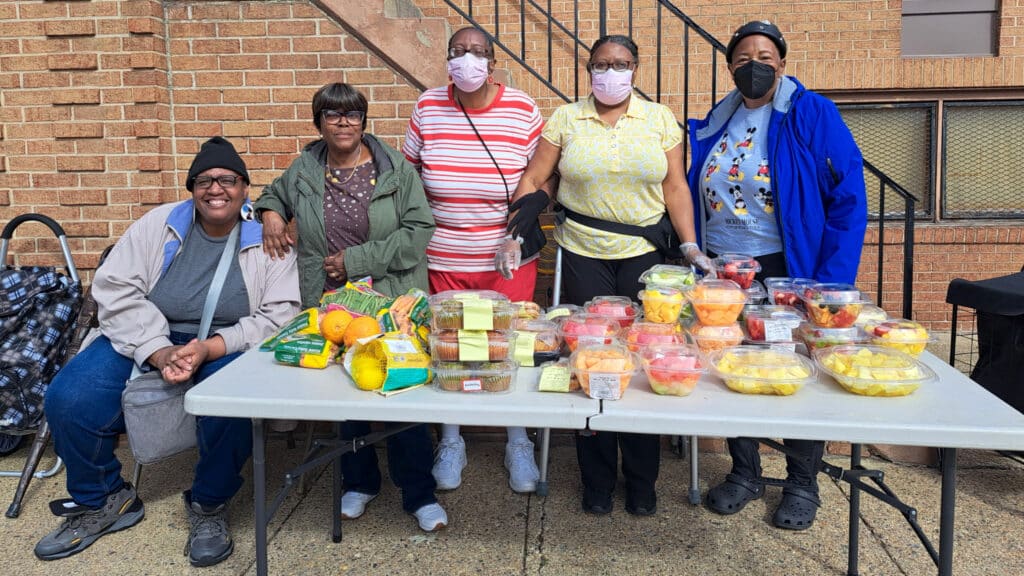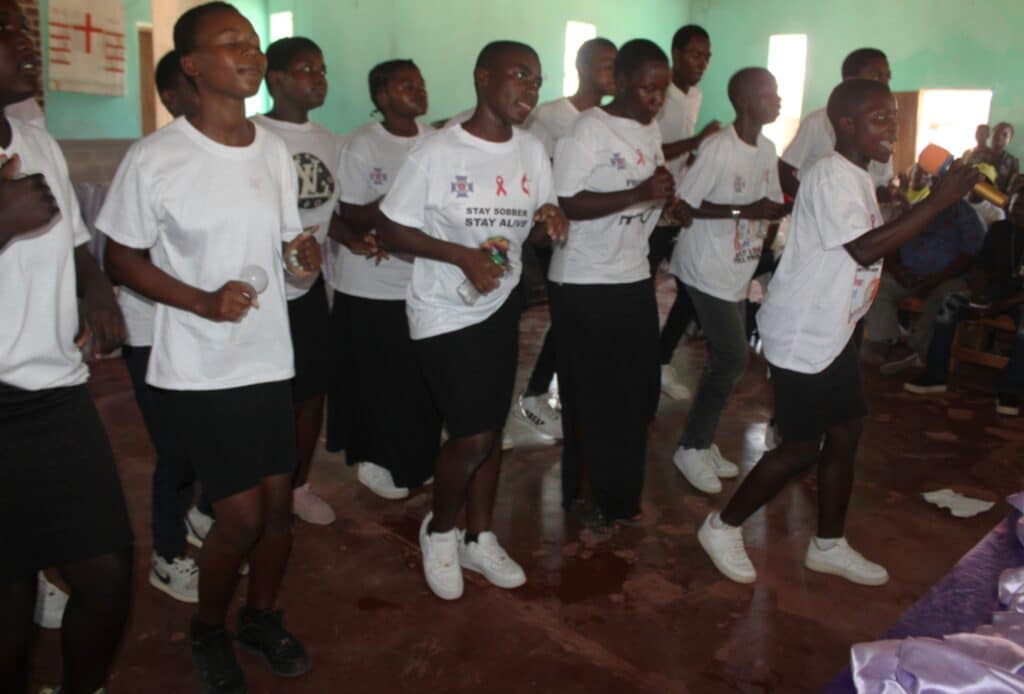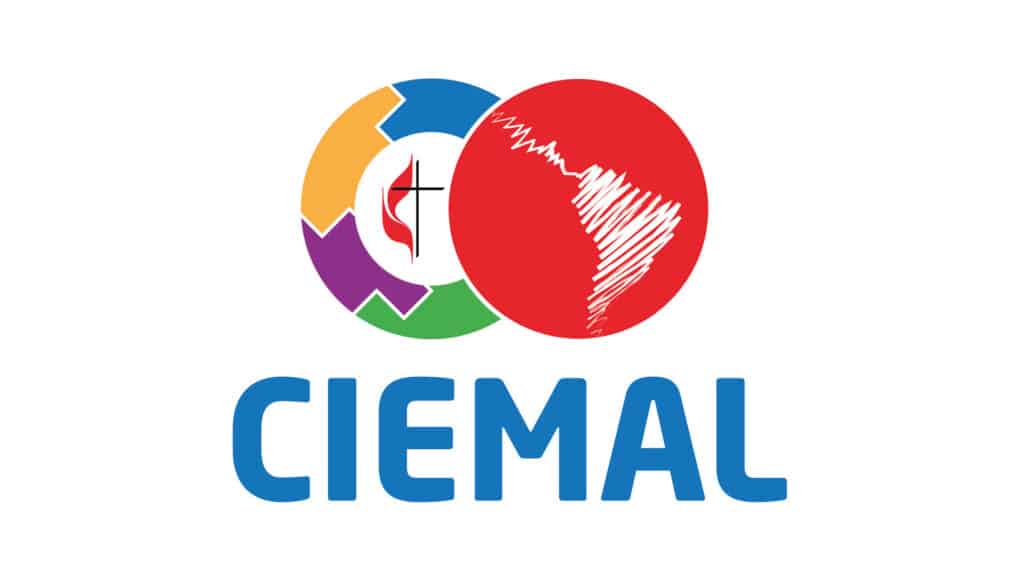ATLANTA — “I am a person of faith. My story is real, and I was trusting in the purpose of God to get through. I’m a Christian, and that was the main issue.”
Miguel and Maria* had a comfortable life in Honduras with their son Andre, who was just four when Miguel left Honduras to try to make it to the United States. Miguel had been working in Honduras and made a good living. He decided to open a small business in his area. Business started out great, but then, he ran into trouble when a gang that monitored small businesses in his neighborhood told him he wasn’t following the rules.
But Miguel says it was one of his neighbors that turned him in – for a different reason.
“I am a person who evangelizes; I tell people about God. A member of the gang wanted to stop me. He said nothing was greater than the gangs and their weapons. He spoke against God. I said I believe in God, not a gun. He got mad.”
Before long, Miguel received messages that threatened his life and the lives of his family.
“I decided to leave. My life was insecure, and I feared for Andre as he grew older. All this suffering was because of my faith.”
In 2016, Miguel could enter the country, turn himself over to border agents and ask for asylum – a legal course of action. After a term of detention, he could be released to join family in New York while he awaited his asylum hearing.
Miguel started his trek before the Migrant Protection Protocols, better known as “MPP” or “Remain in Mexico,” forced asylum-seekers to stay in Mexico to await their asylum hearings. Title 42, a long-standing but relatively obscure law, was invoked in March 2020 to expel asylum-seekers to Mexico or their home countries, using the COVID pandemic as justification.
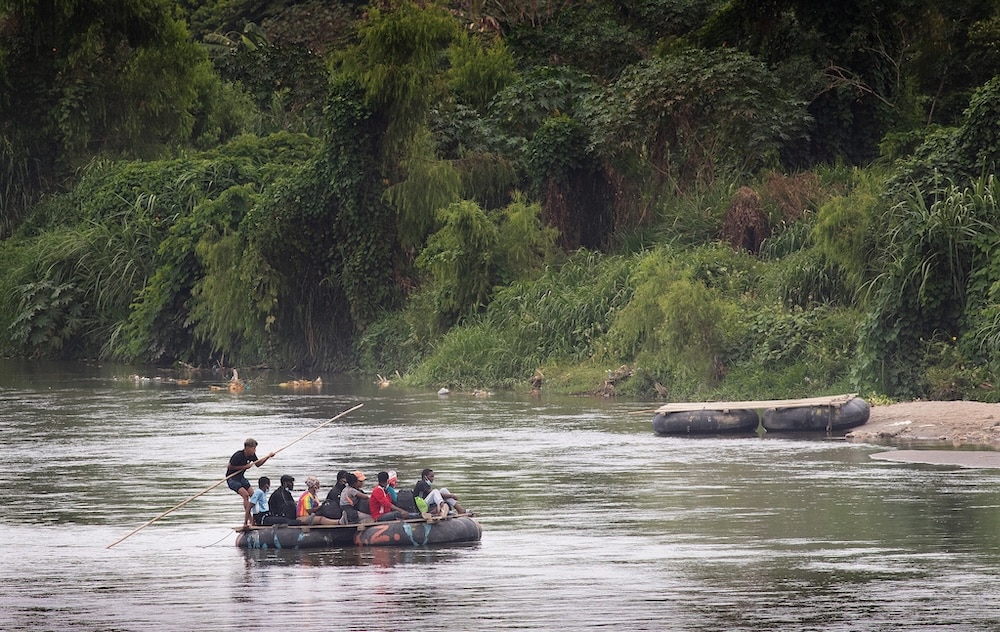
Months of hard travel
Miguel decided to travel from Honduras through Guatemala to the Mexican border and from there, climb on top of a freight train known as La Bestia (“the beast”) or El tren de la muerte (“the death train”). This was the fastest way north, but even then, it takes three weeks and requires hopping off to find food and water in nearby towns.
“I saw many things happen on that train. A kid was killed, an older couple fell from the train. There were fights in the cars,” Miguel said.
Once he reached the U.S.-Mexican border, the journey became even more precarious.
The border between the U.S. and Mexico is extremely dangerous. One can be kidnapped and held for ransom. Miguel ultimately made it safely to the U.S. “After I crossed the river, U.S. immigration picked me up and I was taken to a Texas detention center.”
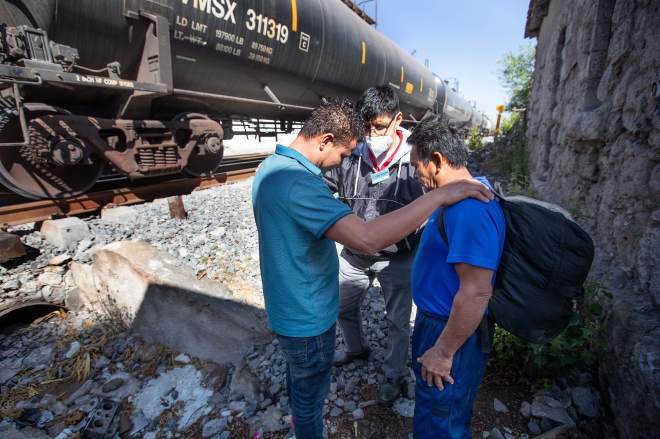
After a few weeks in the detention center he was sent to another detention center in Florida, where he was released on bond. He bought a ticket to fly north to be with his extended family.
Meanwhile, Maria was still back in Honduras with Andre. Days passed without hearing from Miguel. At times, she had no idea where he was or what had happened to him.
“It was very, very hard to be separated,” Maria said. “Our son was very young. Then, it was hard to wait for news from him.” She decided to leave with Andre and make the trek herself. At times during her journey, she also could not communicate with her family in Honduras.
Once Maria and her son entered the U.S., they were able to pay bond in Texas and fly straight to New York. Miguel lined up a lawyer to take their case and paid her a handsome price. But the lawyer kept stringing them along, asking for more money.
Miguel tried on his own to get a work permit. After a few years, he was desperate.
“I felt like God had abandoned us for a little while. I didn’t even know we had a strong case.”
New York JFON fills the gaps
The UMCOR Asylum Project, “Leading with Welcome,” targets three sites that are destinations for many asylum seekers – Miami, Houston and New York. Church World Service conducts free immigrant case management and resettlement services and JFON provides free legal services. UMCOR’s idea was for the two to work together to provide asylum seekers with a full spectrum of services, but in 2019, COVID-19 greatly disrupted asylum seekers’ ability to enter the United States. A backlog of cases and a lack of immigration judges put off cases for years, exacerbating an already long backlog.
Ironically, Miguel managed to cross into all three areas of this project, but it wasn’t until he had lost his money to his former lawyer and given up all hope that he found the New York JFON in 2021. He learned about JFON from a friend who had found help at the Hicksville United Methodist Church JFON clinic.
Asylum seekers must prove they have either experienced persecution or have a well-founded fear of future persecution because of one of five protected grounds: race, religion, nationality, political opinion or membership in a particular social group.
Samantha Blecher, Senior Staff Attorney with New York JFON, contacted Alexis Duecker, the immigration attorney hired for the UMCOR Asylum Project. Duecker filed a Freedom of Information Act request for Miguel and reviewed the case. In the summer of 2021, Miguel was relieved to hear her say, “I think I can help you.”
Miguel and Maria had a court date set for fall 2021, which gave Duecker precious little time to file the court papers. “You had to submit everything 30 days before,” she said, “so everything was due in October. But then the judge had [technological] problems, so the case was continued and put off until the spring.”
This gave the family time to prepare with their attorney for the new court date. The judge asked many questions during the court hearing, which lasted hours, but Duecker had all the paperwork in order, and Miguel testified with conviction.
The minute the judge pronounced “I grant you the right to stay in this country,” the lives of this family changed forever as their legal status in the United States changed. They were now here to stay.
Miguel’s joy was palpable during his interview. “I was so amazed and happy, especially for my son. He feels proud to be here. I feel so happy for him when they allowed me to stay in this country.” Even Andre, who is now in school, wanted to express his joy. “I do like my school. Because I learn, and I have fun. And I have a lot of friends.”
Today, Andre has two more siblings, both U.S. citizens born after Miguel and Maria settled in the United States. They found a church home where Miguel provides leadership through music and singing.
“After this,” Miguel said, “we start a new process. After one full year, we can apply for residency and green cards. Working, taking care of family – that’s my main focus now. God opened so many doors for me. I know I will be serving this country somehow. God wants me here serving in this place, yes, God wants me here.”
* The names for all family members have been changed to protect their identities.
To support UMCOR in all the ways it assists migrants around the world, consider a gift to UMCOR Global Migration, Advance # 3022144
Christie R. House is a consultant writer and editor with Global Ministries and UMCOR.
